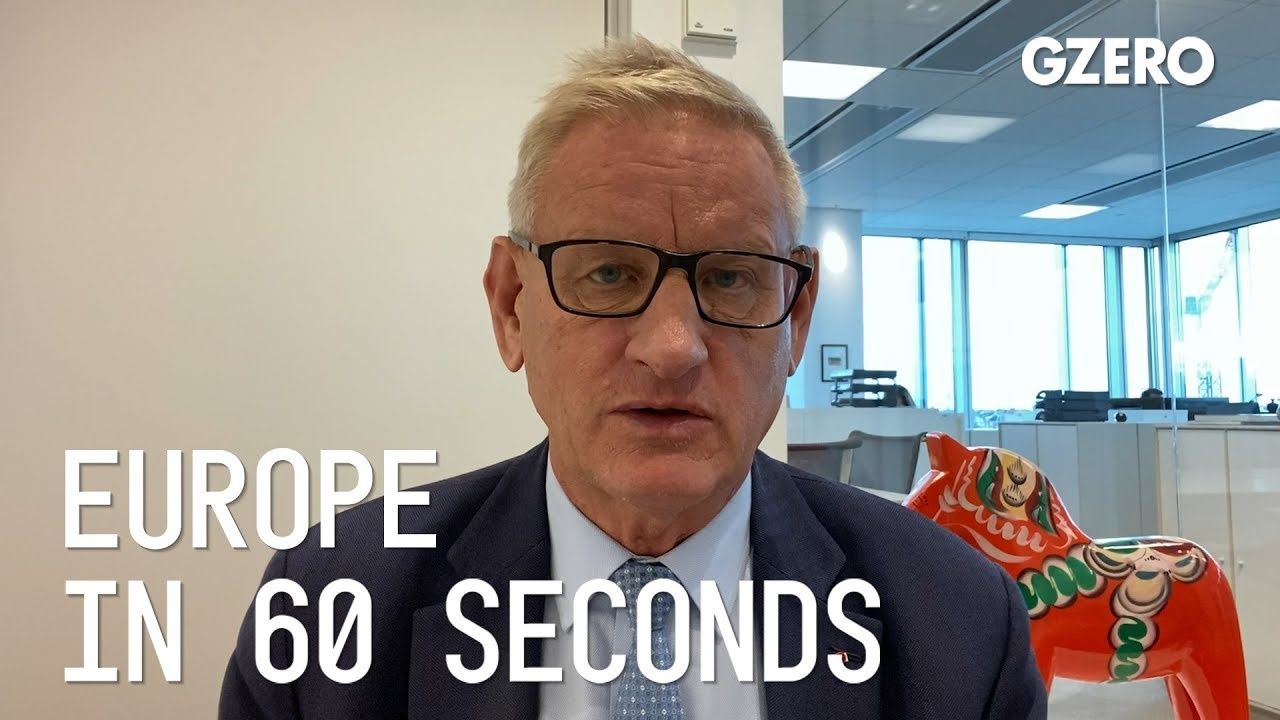
Carl Bildt, former Prime Minister and Foreign Minister of Sweden, with the view from Europe:
How did President Ursula von der Leyen's first State of the Union address go?
Well, rather well, I thought. She was very strong on the health and the global health issues, needless to say, but also on the necessary green and the digital transition of Europe and the enormous amount of money that will be available to that. She was more ambitious on the climate target than has been the case so far and also stressed the competitiveness of the European economy long-term. I think she will get fairly high remarks for that speech.
Alexei Navalny's health is improving, but why would he want to return to Russia? Is that safe?
Well, we don't really know about his health. News that we get so far is encouraging, but will there be any long-term effect? This is a very, very dangerous nerve agent that he's being poisoned with, but Alexei Navalny is a courageous guy. He wants to be, I'm quite certain, he wants to be back to Russia and continue what he did before. He is committed to that. And if he recovers, that's a big if, and if he returns to Russia, he will be a fairly formidable person, even more formidable person on the Russian political scene.